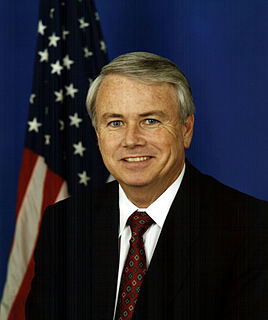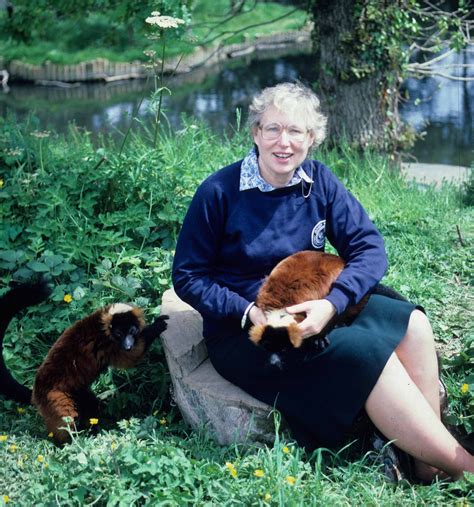A Quote by Robert Anton Wilson
Most animals, including most domesticated primates (humans) show truly staggering ability to 'ignore' certain kinds of information - that which does not 'fit' their imprinted/ conditioned reality-tunnel
Related Quotes
When humans act like animals, they become the most dangerous of animals to themselves and other humans, and this is because of another critical difference between humans and animals: Whereas animals are usually restrained by the limits of physical appetites, humans have mental appetites that can be far more gross and capacious than physical ones. Only humans squander and hoard, murder and pillage because of notions.
It's not that humans and non-humans are identical... but the lack of understanding that led to the slave trade is the same lack of understanding many people have about animals today. When slaves were brought over from Africa, many people believed they were not humans, that they didn't have feelings. Many people believe that primates and other animals don't have feelings, too, but they do.
As Jeremy Bentham had asked about animals well over two hundred years ago, the question was not whether they could reason or talk, but could they suffer? And yet, somehow, it seemed to take more imagination for humans to identify with animal suffering than it did to conceive of space flight or cloning or nuclear fusion. Yes, she was a fanatic in the eyes of most of the country. . .Mostly, however, she just lacked patience for people who wouldn't accept her belief that humans inflicted needless agony on the animals around them, and they did so in numbers that were absolutely staggering.
Primates stand at a turning point in the course of evolution. Primates are to the biologist what viruses are to the biochemist. They can be analysed and partly understood according to the rules of a simpler discipline, but they also present another level of complexity: viruses are living chemicals, and primates are animals who love and hate and think.
The truly unique trait of 'Sapiens' is our ability to create and believe fiction. All other animals use their communication system to describe reality. We use our communication system to create new realities. Of course, not all fictions are shared by all humans, but at least one has become universal in our world, and this is money.





































